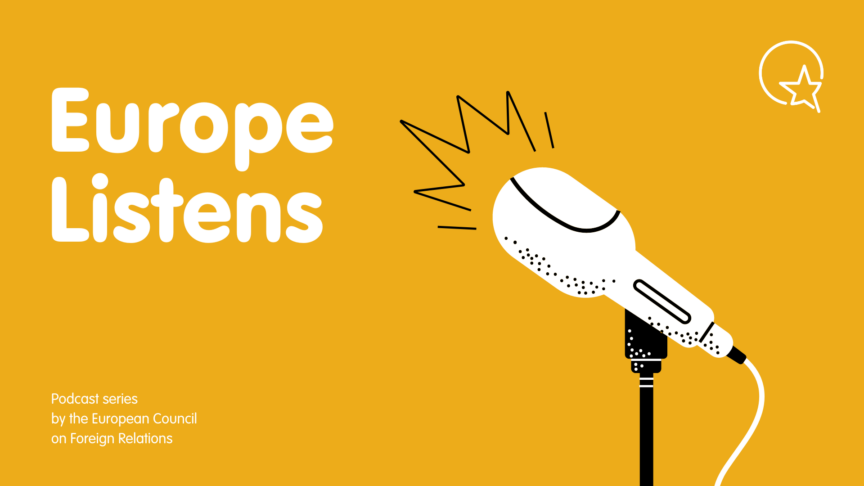
Europe Listens: Saving multilateralism with Arancha González Laya and Richard Gowan
In September 2024, the United Nation’s Summit of the Future is set to take place – a crucial moment to mend “eroded trust” between peoples,…

Dean, Paris School of International Affairs, Sciences Po
Arancha González Laya is the dean of the Paris School of International Affairs at Sciences Po. Previously, she served as Spain’s minister of foreign affairs and as assistant secretary general at the United Nations. She was also executive director of the International Trade Centre and chief of staff to the World Trade Organisation’s director-general, Pascal Lamy. At the WTO, she played an active role in launching the organisation’s ‘Aid for Trade’ initiative and served as the director-general’s representative to the G20. Prior to that, she held several positions at the European Commission, where she negotiated trade agreements and assisted developing countries in their trade development efforts.

In September 2024, the United Nation’s Summit of the Future is set to take place – a crucial moment to mend “eroded trust” between peoples,…

At the Munich Security Conference, Mark Leonard welcomes Arancha González Laya, Camille Grand and Jana Puglierin to understand how Europeans can prepare for a second Trump presidency

The EU’s approach to foreign policy and economic policy needs to account for the fact that, globally, the space between the two areas is increasingly narrow